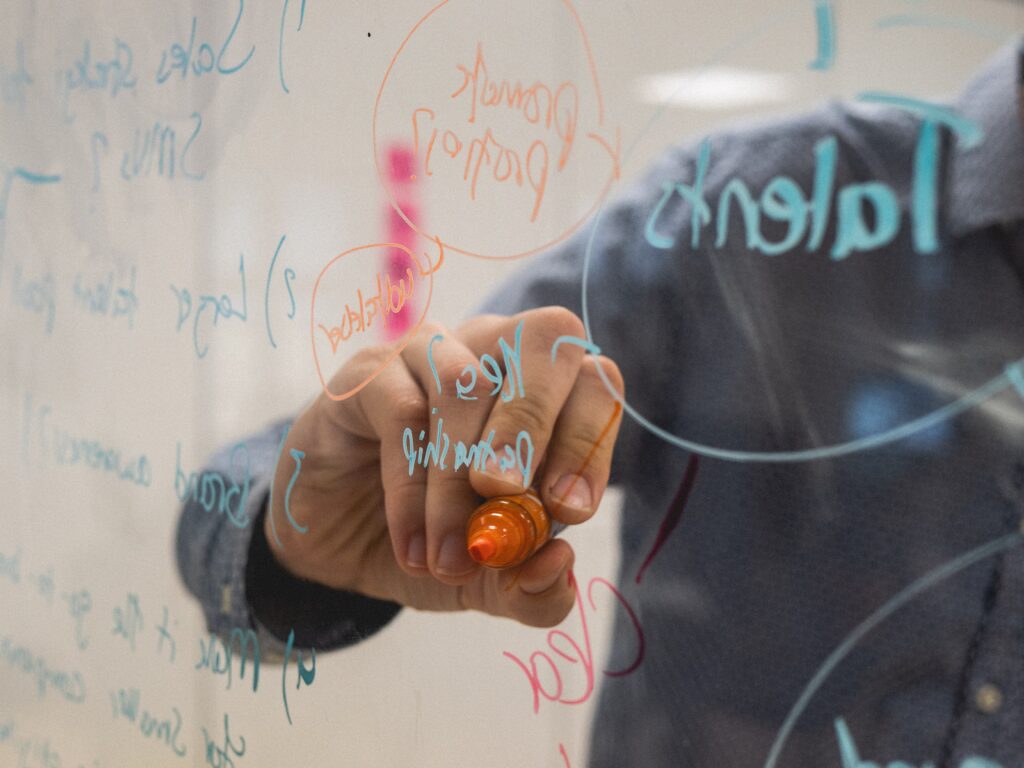The ranks of entrepreneurs, including successful serial entrepreneurs, are increasing. And we have begun to see signs of a new ‘new thing’–the belief that entrepreneurs hold the key to tackling some of the world’s wicked problems.
Three sources confirm this. The MacArthur Foundation recently announced a $100 million grant for the “organization with the best proposal to solve a global problem.” Silicon Valley Venture Capitalist Marc Andreessen signaled a newfound willingness to invest in ‘moonshots.’ And Matt Damon asked his 2016 MIT commencement audience to “turn toward the problem”–urging them to avoid the “yet another app” trap. “This world has some problems that we need you to drop everything and solve. . .take your pick from the world’s worst buffet.” The problems Damon mentions include water scarcity, economic inequality, the refugee crisis, pandemics and climate change.
Who or what has inspired this shift in perspective? One name stands out: Elon Musk.
After selling PayPal in 2002, Musk founded and now runs two companies, and he became chairman of a third (a company his cousins co-founded based on his suggestion). Elon Musk, of course, is an entrepreneur, and each of these companies offers a market-based solution that is also transforming society. Tesla is perfecting electric cars. SpaceX is disrupting commercial space travel. SolarCity is proving that renewable energy can be ubiquitous and affordable.
But why are entrepreneurs like Elon Musk so few in number? Where are the others?
This dearth of true impact entrepreneurs is the wicked problem that inspired us to create 10.10.10, a volunteer-driven organization that scours the country for ten proven entrepreneurs and challenges them with ten wicked problems over ten days. The wicked problems we select are in areas like health, water, energy, and infrastructure, problems that can be doorways to both opportunity and impact. The goal: market-based solutions that form the basis for new ventures that will be attractive to investors.
Essentially, we are hacking wicked problems–leveraging entrepreneurship, investment and market opportunity to address the societal challenges entrepreneurs and investors have too long ignored. Our entrepreneurs and the investors who support them seek more than return on investment. They seek ROI plus impact.
Rome wasn’t built in a day, and we don’t expect entrepreneurs to develop a cure for Alzheimer’s or cancer in ten days. Market-driven solutions to wicked problems are difficult. 10.10.10 provides a framework for key stakeholders to collaborate and take the first step on a journey–a small step that may become a giant leap. This is exactly what happened with BurstIQ, a company that uses blockchain technology to deliver health data securely. BurstIQ was the first new venture started through the 10.10.10 program, formed and funded within 60 days.
Over 150 volunteers have been preparing for 10.10.10 Health, which will take place from June 20th to the 30th. If you are passionate about market-driven solutions to wicked problems, or just curious how this process will play out, then I invite you to join us at the Ellie Caulkins Opera House on June 20th for the launch of this year’s 10.10.10 Health.
You, too, might be inspired to become an impact entrepreneur and take on a wicked problem–or, if you’re like Elon Musk, two or three of them at the same time.
Tom is founder and CEO of 10.10.10.










